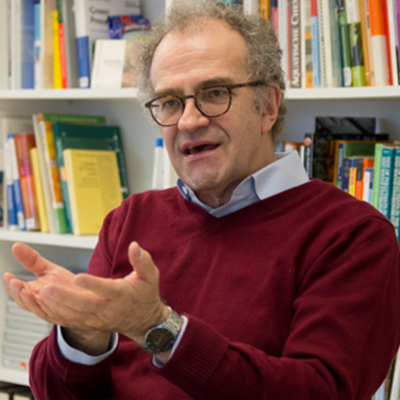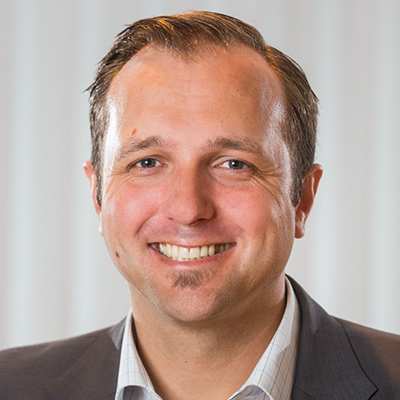Webinar | Pharmaceuticals in the environment – A new strategic approach is needed
Background
Pharmaceuticals enter the environment during all stages of their life cycle; manufacturing, use, and disposal, revealing gaps and inefficiencies in current pharmaceutical management. At the EU level, pharmaceuticals in the environment are mostly addressed within veterinary medicinal products legislation with minimal considerations in legislation for medicinal products for human use. Will the current European Commission (EC) publish the long awaited Strategic Approach to Pharmaceuticals in the Environment and will it include measures to ensure the sustainable and prudent management and use of pharmaceuticals?
Webinar outline
In this webinar we explored new scientific views that support the urgent need for a strategic approach from the European Commission. We invited two scientific experts: Dr Tim aus der Beek and Professor Klaus Kümmerer to speak in this webinar.
Dr. Aus der Beek discussed water pollution from micropollutants such as x-ray contrast media (XRC) - substances used in hospitals for x-ray examinations. The human body eliminates these substances via urinary excretion within 24 hours of intake thus XRC enters the water cycle. Unfortunately as XRC are chemically stable and difficult to degrade biologically, current conventional wastewater treatment technologies cannot completely remove these substances. When XRC enter the water cycle, they ultimately can end up in our food and drinking water, there is therefore a clear need for counteractive measures to prevent this.
When filtering pharmaceuticals in water, a high number of metabolites and transformation products are generated during the wastewater treatment process and reach the environment; new approaches are therefore needed to avoid this type of further contamination. Prof. Kümmerer showed how pharmaceuticals that are designed for fast and complete mineralisation once in the environment or “benign by design”, can overcome such limitations and that they represent a sustainable solution that can also work for developing countries without advanced effluent treatment technologies.
Speakers
 Professor Dr Klaus Kümmerer, Professor of Sustainable Chemistry & Physical Resources - Institute of Sustainable and Environmental Chemistry (ISEC), Public Leuphana University
Professor Dr Klaus Kümmerer, Professor of Sustainable Chemistry & Physical Resources - Institute of Sustainable and Environmental Chemistry (ISEC), Public Leuphana University
![]() Presentation: From a problem to a business opportunity - Design for environmental biodegradability
Presentation: From a problem to a business opportunity - Design for environmental biodegradability
As a Chair of ISEC, Prof. Kümmerer’s research and teaching is focused on sustainable chemistry, sustainable pharmacy, material resources, aquatic environmental chemistry, and environmental and sustainability research. He received the Recipharm International Environment Award for his work on pharmaceuticals in the environment and the Water Resource Award of the Rüdiger Kurt Bode-Foundation for his outstanding work on the “Benign by Design” concept.
He has published extensively on these topics in leading peer reviewed scientific journals of different scientific disciplines, many book contributions and (co)edited many books. He is a founding editor of the scientific journals Sustainable Chemistry and Pharmacy and Current Opinion in Sustainable Chemistry as well as associate editor of Chemosphere and Environmental Pollution.
Klaus Kümmerer serves in many international committees including the prestigious seminal Global Chemical Outlook by UNEP, EU technology platform - SusChem Europe, the Commission for Water Research of the Deutsche Forschungsgemeinschaft (DFG), Executive Board of the subdivision of Sustainable Chemistry in the German Chemical Society. He is also the scientific organiser of the annual Green and Sustainable Chemistry Conference and the International and Interdisciplinary Summer School on Sustainable Chemistry.
 Dr Tim aus der Beek, Head of Water Resources Management - IWW Water Centre, Germany
Dr Tim aus der Beek, Head of Water Resources Management - IWW Water Centre, Germany
![]() Presentation: Minimizing iodinated contrast media in surface waters Mülheim, Germany
Presentation: Minimizing iodinated contrast media in surface waters Mülheim, Germany
Tim aus der Beek studied hydrology in Freiburg (Germany) and Vancouver (Canada) and was previously employed at the Center for Environmental Systems Research (CESR) in Kassel and Heidelberg University - where he received his PhD. Since 2012 Dr. Aus der Beek has been at the IWW Water Centre in Mülheim where his current research questions deal with organic pollutants in the aquatic environment, climate change impacts, water resources management, and water quality issues in general. He has acquired multiple research grants from various national and international organisations including EU and UNEP, and is also an author of 25 water related publications.

